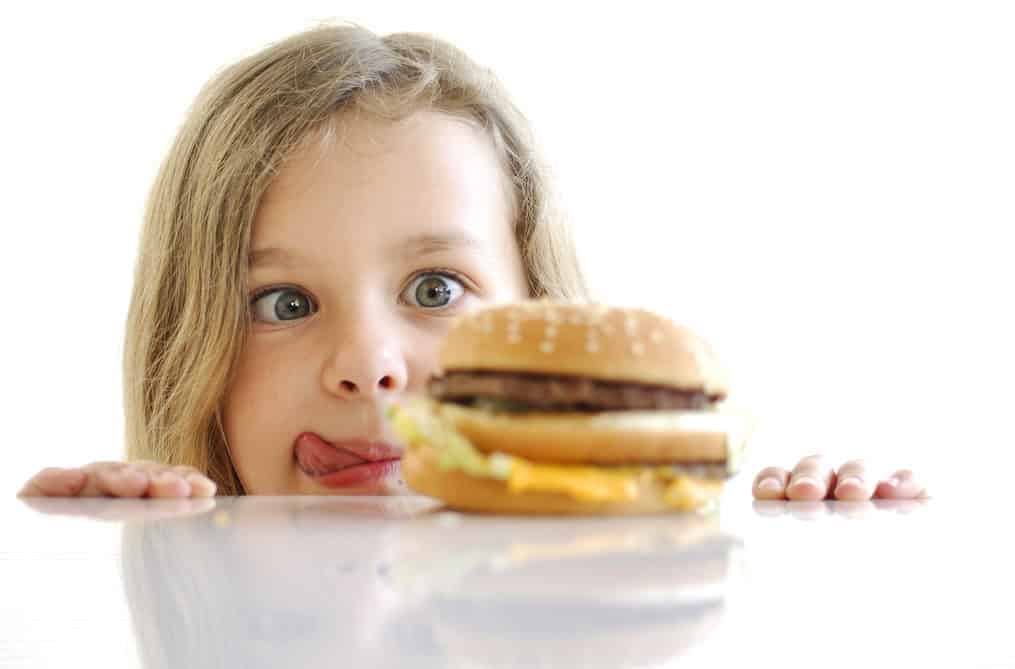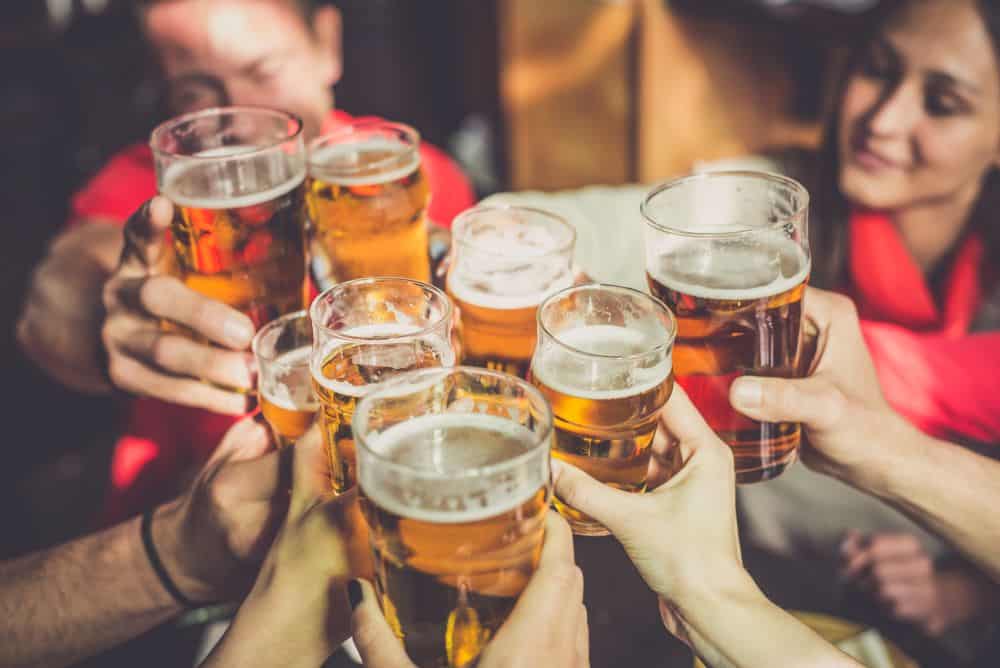Do-It-Yourself (DIY) Moderate Drinking
Posted on July 24, 2013
DIY Moderate Drinking
Are you interested in moderating your drinking? Many individuals are! Here are two books which provide everything you need to know about DIY moderate drinking.
Responsible Drinking: A Moderation Management Approach for Problem Drinkers
This book, by Rotgers, F., Kern, M. & Hoeltzel, R. (CA: New Harbinger Publications, 2002) is the basic text of Moderation Management (MM), a support group which helps individuals moderate drinking, or abstain. The first two authors are addiction experts who also volunteer on MM’s Board of Directors. The final author was successful in the MM program. MM offers a summary of its program on its website, and you might wish to start there: www.moderation.org. This book, which provides in-depth coverage of MM’s rationale, the sci...
full story








